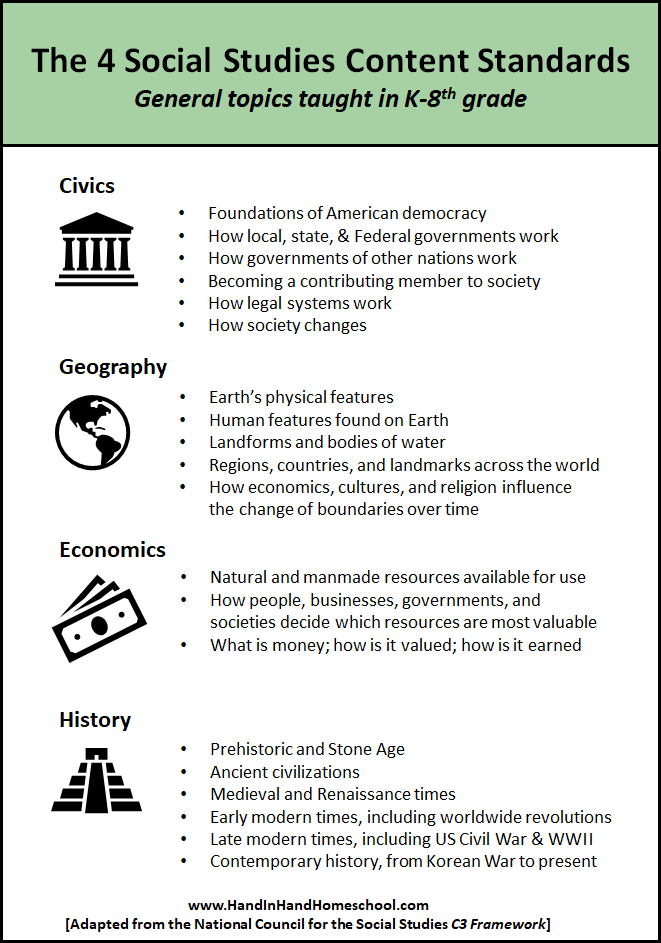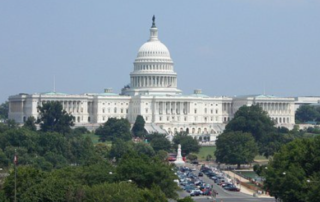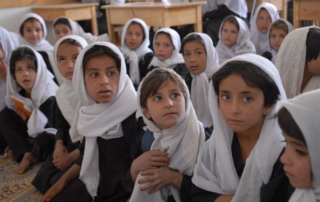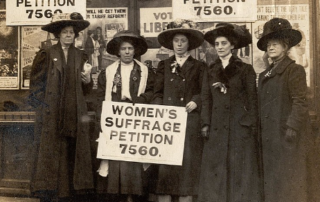Essential K-8 Social Studies Topics
Homeschooling social studies goes beyond memorizing dates of war battles and lists of state capitals. While knowing time and place of historical events makes up a critical part of social studies instruction, the subject is much more rich and diverse than many parents realize.
The National Council for the Social Studies, a professional organization that establishes national standards for teaching social studies, defines K-12 social studies as being comprised of four core areas, along with three supplemental areas.
| Core Subjects | Supplemental Subjects |
|---|---|
| Civics Economics Geography History |
Psychology Sociology Religion |
This handy reference chart helps you know topics that are generally taught in K-8 social studies classe. The lists are not exhaustive, but it gives you a starting point of how you can homeschool social studies.

Homeschooling Civics
Civics education is concerned with students understanding their role as a citizen in a democratic society. When students are unhappy with life circumstances, will they trust in and know how to use democratic tools to address societal ills on behalf of themselves and their community? Will they understand the agency they possess as an individual and more so once organized with others?
Homeschooling Economics
Economics is concerned with students understanding how money and resources flow through society. Do students know the financial consequences of decisions they make on their personal financial outlook, and at a larger level how market forces affect livelihoods and opportunity? Will they understand how corporations and governmental decisions impact their community and others?
Homeschooling Geography
Geography is concerned with students having a spatial understanding of the world around them. Do students know how their community and others around the world are being impacted by environmental changes? Will they understand the chains of interconnection between one community in crisis and their own?
Homeschooling History
History is concerned with students understanding the past and how it affects their lived experience in the present and the future. Do students know the historical forces shaping their family and community? Will they understand the power that comes from knowing the historical context of an event, policy, or social movement dear to them?

















